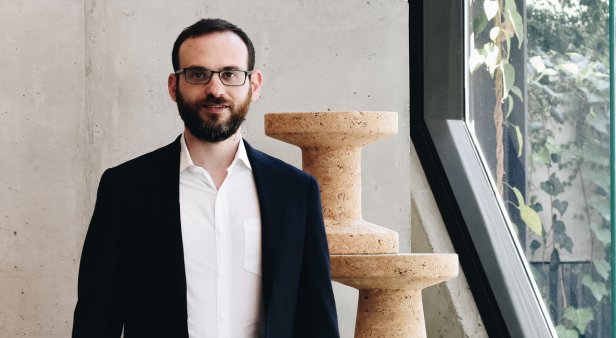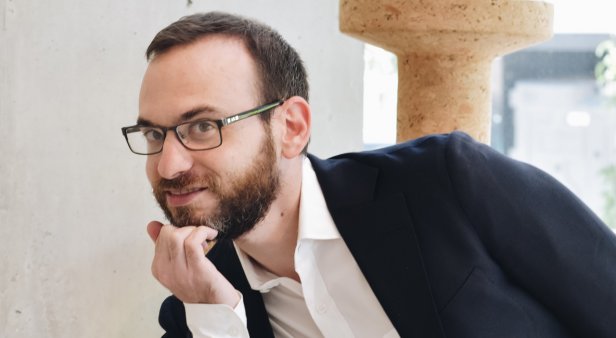Take us back to the beginning – what attracted you to the world of philosophy?
When I was a kid, I was tortured by my own mortality. I thought philosophy would give me a way to come to terms with it. But it didn’t. It just made me more depressed. But I did learn some interesting things along the way.
When did data, the trends it could reveal, and the idea of becoming a data scientist first capture your interest?
I was doing a PhD in economics. But I wasn’t that interested in economics. I wasn’t obsessed with interest rates or inflation or anything like that. I was interested in people, particularly the hidden weirdness of people. Then I found a tool called Google Trends, which allows you to see how frequently people make searches in different areas and time periods. I became obsessed with that.
You’ll be in town soon as the resident philosopher for James Street RESORT, which in 2017 is focusing on philosophy and the love of wisdom in fashion, art, design, opinion and lifestyle. How do you see philosophy and these realms intersecting in the 21st century?
Oh, man. If I say “I don’t know”, I don’t seem like much of a resident philosopher. I think philosophy is going to have to deal with what the proper role of human beings are, since soon computers will do a better job than people in fashion, art, design, opinion and lifestyle design.
At RESORT you’ll also be delving into the confronting reality of browser behaviour and how it reveals our true selves in your keynote presentation ‘What Google can tell us about who we really are: A window into the human psyche’. We’ve all been guilty of Googling our names before, but what facts can Google search data tell us about ourselves that we don’t already know?
They can tell us about racism, sexuality, anxiety and many more subjects. For example, the single highest predictor people have found for Donald Trump in the 2016 US Republican primary was racist search rates on Google.
Your book Everybody Lies draws insights gleaned from your time at Google and some deep investigation into our search habits. What was the most shocking fact you discovered about human behaviour and decision making while conducting your research?
The most shocking – and my personal favourite – discovery is that the top Google search in India that begins ‘my husband wants …’ is ‘my husband wants me to breastfeed him’.
Based on your research, do you think our reliance on the internet and search engines such as Google could be taken too far?
I am concerned, like many people are, about social media. I think the pressures on some people to keep up a respectable social media presence are becoming overwhelming.
Where do you see the technology and its usage characteristics heading in the near future?
More. More. More. Everything will become digital. Usage will approach 100 percent in all countries. We are going to learn a lot more about human nature from all this data.
In regards to your philosophical pursuits, what aspects of the modern human experience do you think require more conscious thought and widespread dissection?
I think pornography is a huge change in society that has not been talked about much. My research suggests it has had major effect on real-life sex. I think it is very possible that porn is ruining sex, but it isn’t really being talked about because porn and sex are uncomfortable topics.
Finally, we’d love to know what you are currently finding inspiring and personally motivating about the world around you?
I think it is amazing – and inspiring – that society functions at all. My research using Google searches reveals all this anxiety and shame and horniness and hatred and anger. But society kind of works, nonetheless. I am really pessimistic about human beings but optimistic about using science and data to improve society. That’s also what motivates me.
To delve deeper into the depths of Google and the human psyche, join Seth at Brisbane Powerhouse on Sunday October 29 at 3:00 pm for his very first presentation in Australia. Find more details and ticketing information in our Event Guide.

